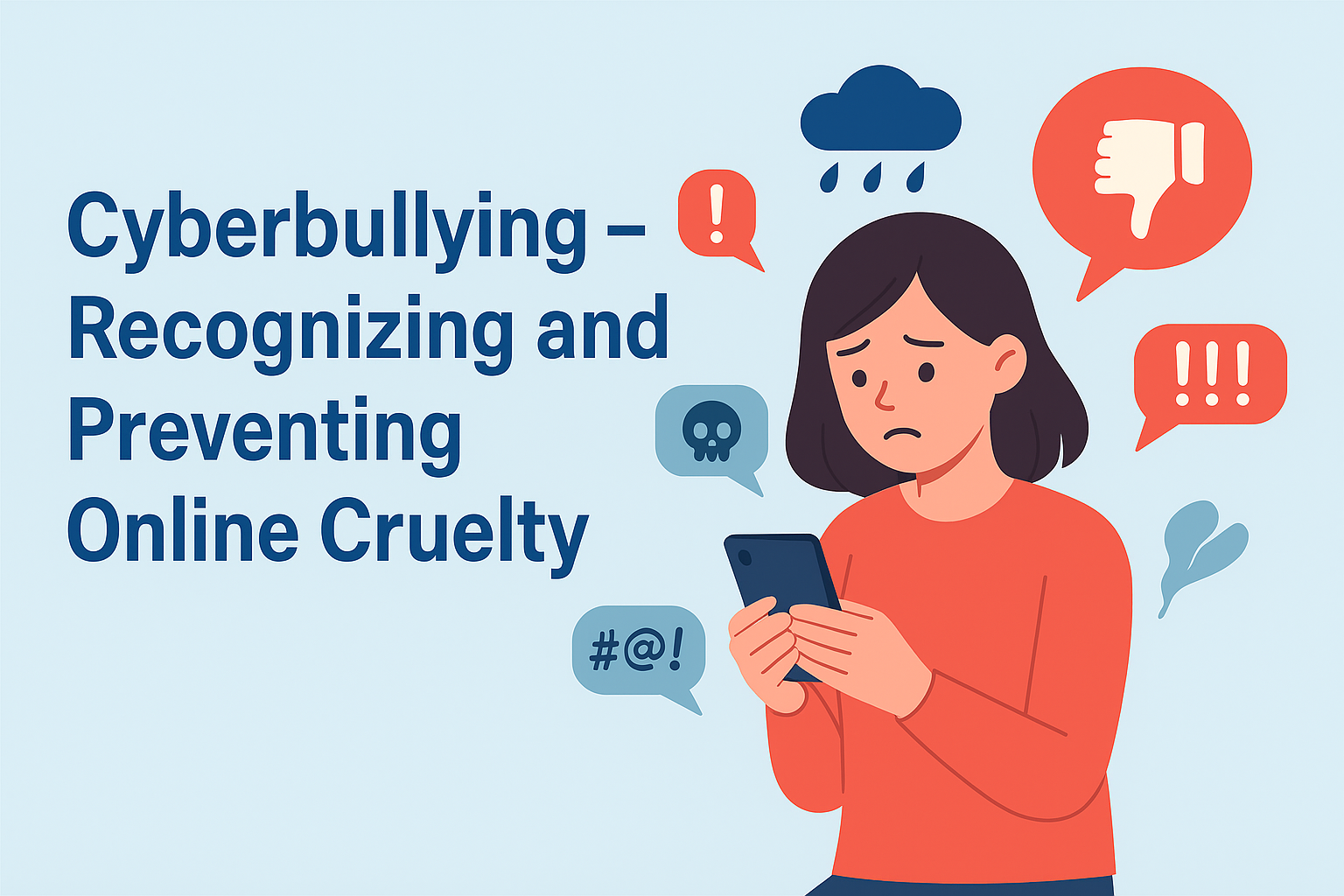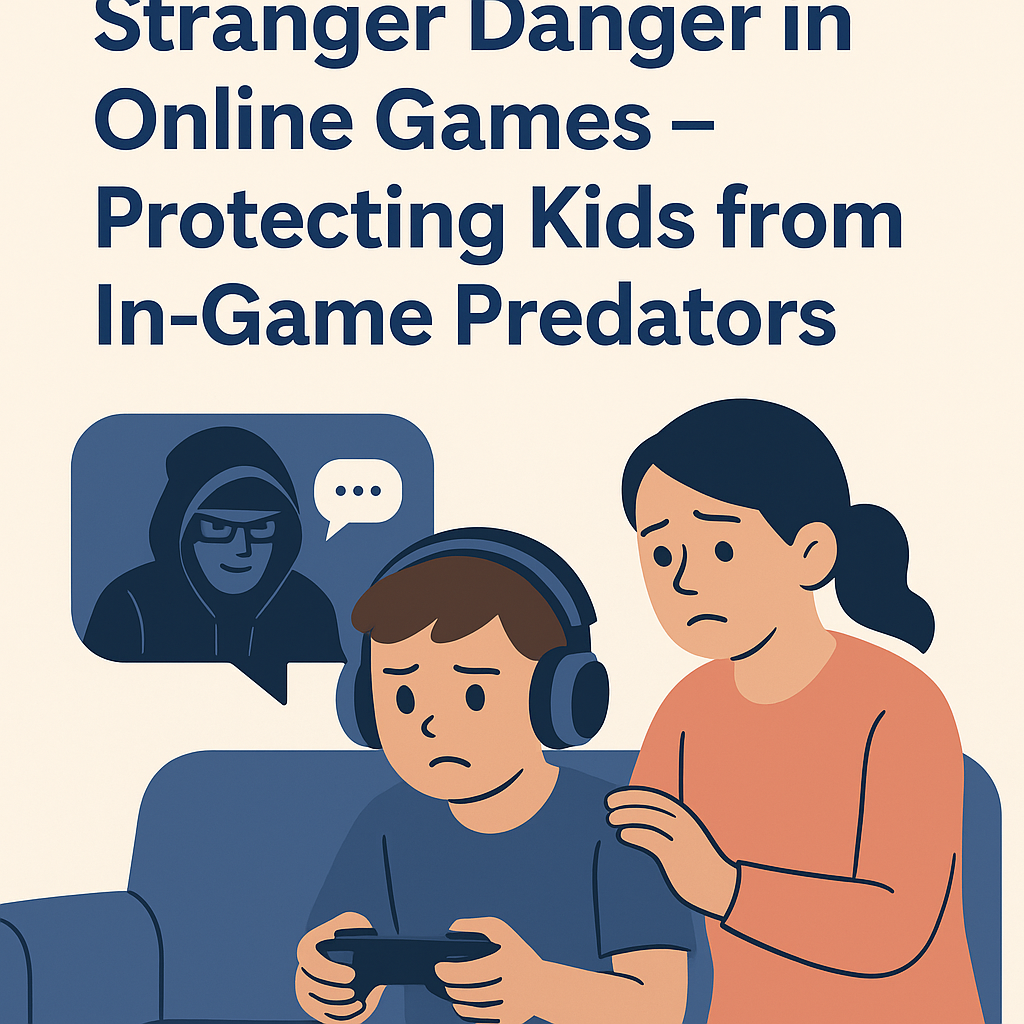Nurturing a Safe Digital Haven: The Importance of Parental Control in the Digital Age
Dive into our latest blog post on the crucial role of parental control in the digital age.

In today's technology-driven world, children are exposed to smartphones, tablets, and computers from an early age. While these devices offer countless educational benefits, they also pose risks such as access to inappropriate content and potential threats to emotional well-being. This is why it's crucial for parents to implement effective parental control measures to ensure a safe and healthy digital environment for their children.
The Statistics:Before delving into the importance of parental control, let's take a moment to consider some alarming statistics. According to a recent survey by the American Academy of Pediatrics, children aged 8 to 18 spend an average of 7 hours and 22 minutes per day on screens for entertainment purposes. Additionally, a study published in the Journal of Pediatrics found that 70% of adolescents aged 13 to 17 have encountered explicit content online. These numbers underscore the necessity for proactive parental involvement in managing children's digital experiences.
Education and Awareness:
Parents must take the initiative to educate themselves and their children about the potential dangers lurking online. Establishing an open line of communication is key, fostering an environment where children feel comfortable discussing their online experiences and seeking guidance when needed. By staying informed, parents can empower their children to make responsible choices while navigating the digital landscape.
Blocking Harmful Websites and Apps:
Parental control tools offer a robust defense against the risks associated with unrestricted internet access. Implementing filters to block harmful websites and inappropriate apps helps shield children from explicit content, cyberbullying, and other online threats. According to a survey by Norton, 76% of parents believe that using parental control software is essential to their child's online safety.
The Emotional Health Risks:
Excessive screen time has been linked to various emotional health risks, including increased anxiety, depression, and reduced sleep quality. The blue light emitted by screens can disrupt circadian rhythms, negatively impacting sleep patterns. A study published in JAMA Pediatrics found that high screen time is associated with an increased risk of depression symptoms in adolescents. By establishing screen time limits and encouraging a healthy balance between online and offline activities, parents can promote their children's emotional well-being.
Creating a Digital Plan:
To effectively manage children's digital experiences, parents should create a comprehensive digital plan. This plan may include setting screen time limits, designating device-free zones, and regularly reviewing and updating the list of blocked websites and apps. Consistency is key, and parents should lead by example, modeling responsible device usage.
Conclusion:
Parental control is not about restricting children but rather creating a safe and nurturing digital environment that supports their growth and development. By staying informed, utilizing parental control tools, and fostering open communication, parents can empower their children to navigate the digital world responsibly while safeguarding their emotional health. Together, let's embark on a journey to cultivate a balanced and secure digital future for our children.
Latest articles

Start using the parental control platform of

the future




